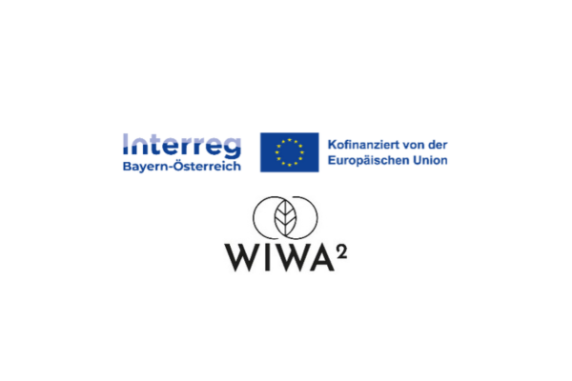
WiWa²
The WiWa² project investigates the impact of forests and water on health, quality of life and sustainable living space development. In cooperation with clinics in Bad Füssing and Bad Hofgastein, medical evidence for nature-based therapies with new nature-rehab formats is generated.
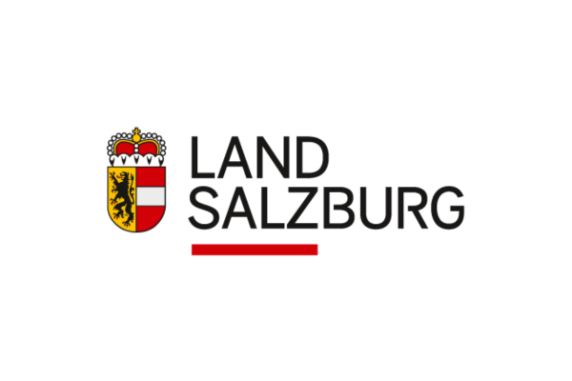
Gesund in die Zukunft
In the project “Gesund in die Zukunft”, tourism businesses were supported in the period from 2020 to June 2023 with the help of innovation know-how and health tourism expertise to address challenges and take advantage of trends in nature-based tourism. Measures included workshops, the specialist congress “Healing Power of the Alps 2023” and a workbook on product development.
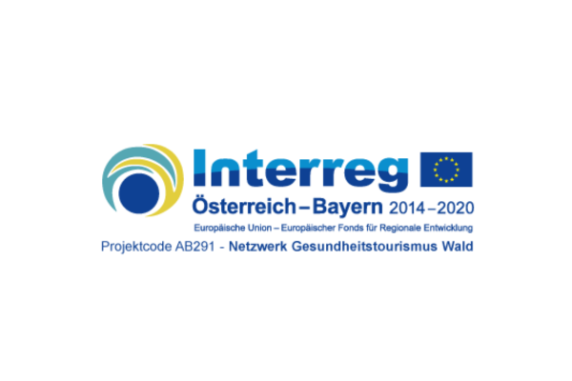
Network Health Tourism Forest
In this project over a period of two years (2020-2022), the goal was to explore the complex and socially relevant interplay of “Forest, Health & Tourism”. Together with the project team, sustainable approaches for the health tourism use of local forest areas have been developed.
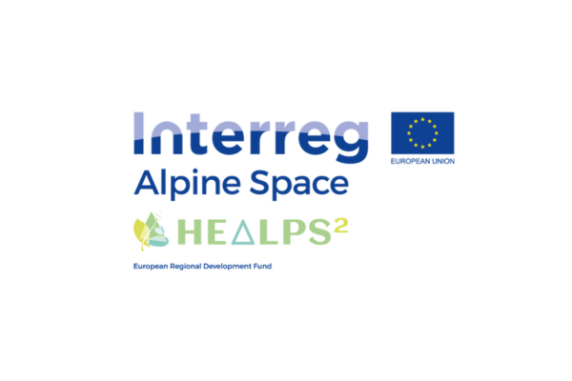
HEALPS²
Between 2019 and 2022, an 11-member consortium worked together in the HEALPS² project to harness the healing power of the Alps and their valuable resources for sustainable health tourism. The project has helped to make the Alpine region even more appealing internationally as an attractive place for health promotion.
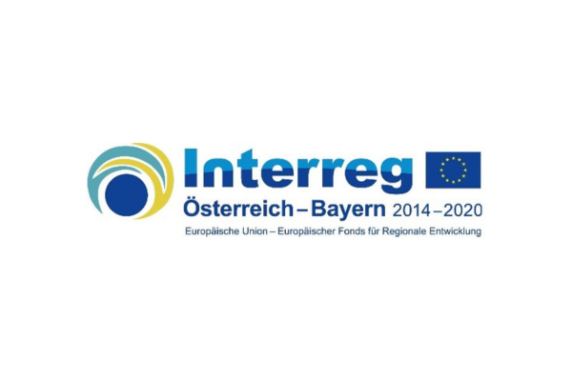
Trail for Health Nord
In the period from 2015 to 2018, this project was considered groundbreaking for cross-border health tourism in Europe. It focused on climate change in the Alps, a skilled workforce strategy in (health) tourism, cross-border competence development and the Jungbrunnen-BERG study. The effectiveness of regional and natural remedies in combination with exercise in the alpine climate was investigated.
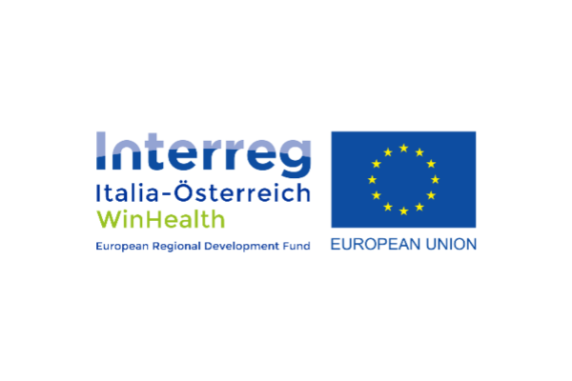
WinHealth
WinHealth was implemented between 2016 and 2019 by eight partners in the regions of Salzburg, Tyrol, South Tyrol and Friuli-Venezia Giulia. The aim was to develop scientifically based health tourism winter offers, to open up new business areas for selected pilot regions and thus to position them as health regions.

WISS Project: Alpine Pastures and Health
Alpine farming has a centuries-old tradition in the state of Salzburg, with 1,800 actively managed alpine pastures representing not only a significant aspect of the regional economy but also offering enormous tourism potential. However, alpine pastures have never been viewed from a health perspective, despite offering a wide range of health-promoting factors.
In addition to well-known remedies such as clean air, vitamin D synthesis, high-altitude benefits, and physical activity, there is a scientific hypothesis suggesting that the high biodiversity of microorganisms found on alpine pastures. The alpine microbiome consisting of bacteria, fungi, and archaea has anti-inflammatory and health-promoting effects through complex immunological regulatory mechanisms.